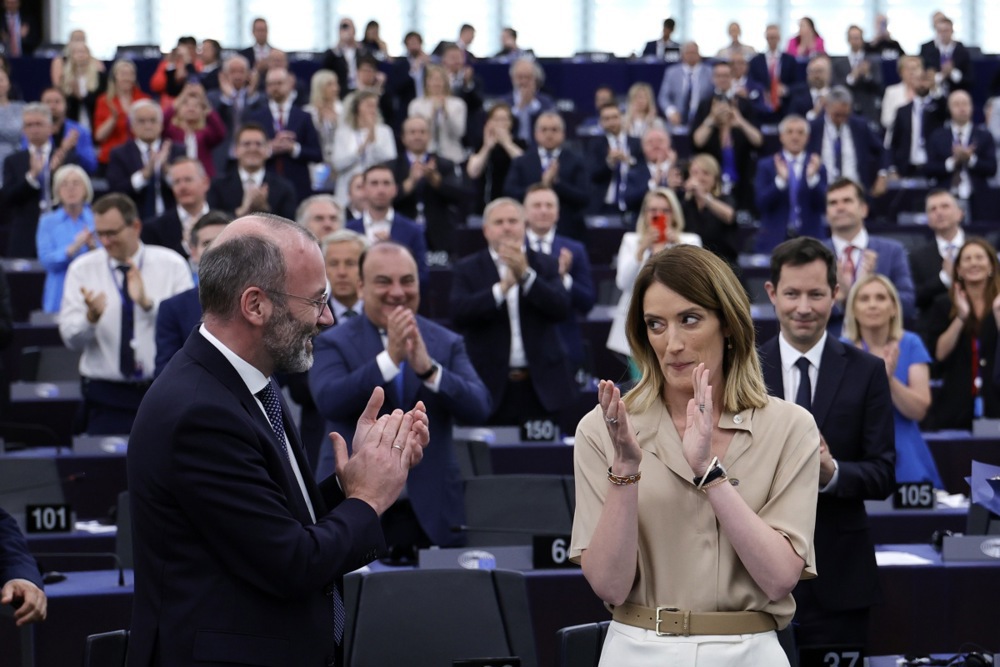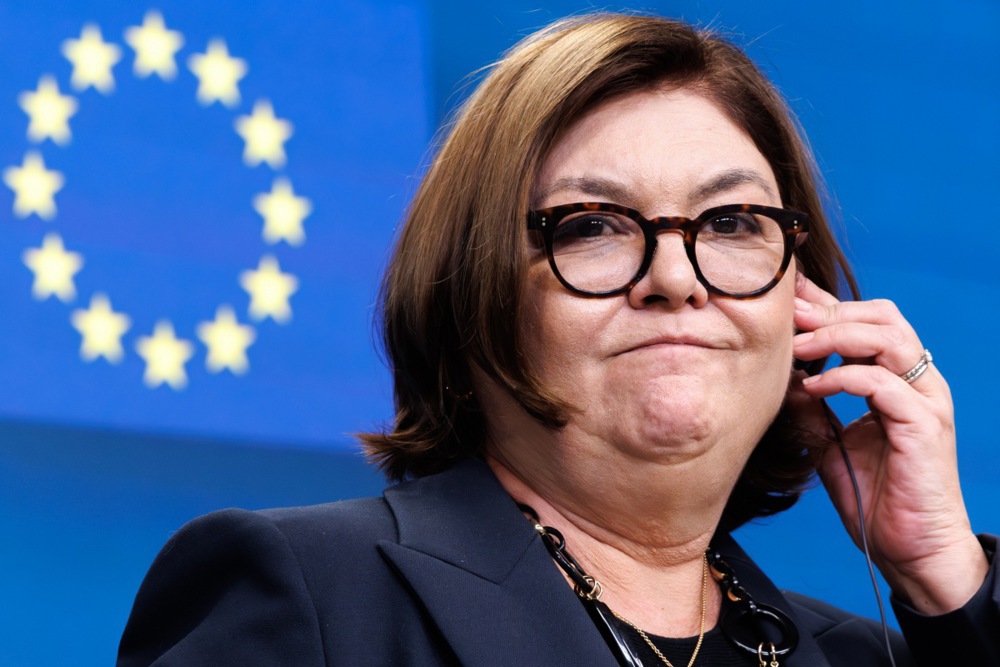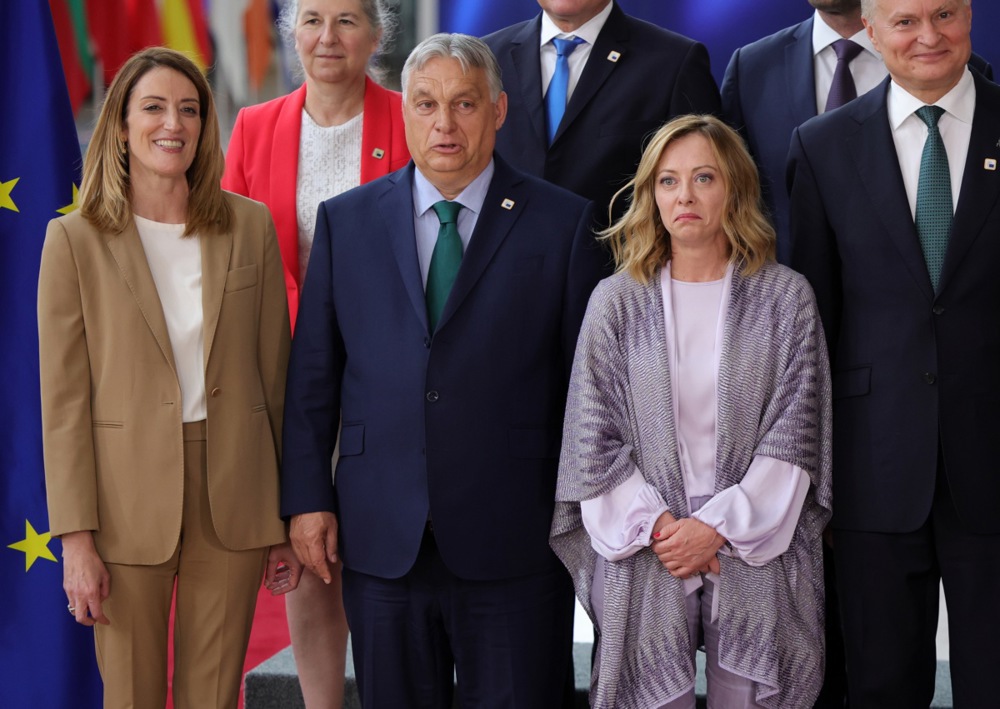The enlargement of the European Union is now both a “moral duty” and a “geopolitical necessity”, a senior Brussels bureaucrat has claimed.
Speaking at the EU’s Regions Week in the European capital, President of the Committee of the Regions, Portugal’s Vasco Alves Cordeiro, emphasised that the EU must continue to expand if it wants to remain competitive.
“European enlargement is not only a moral duty, it is also a geopolitical necessity and an investment in our future,” he said on October 7.
Alves Cordeiro added that the EU’s Committee of the Regions was playing a key role in this expansion, with the Brussels-Regions relationship being at heart of the EU enlargement process.
The eurocrat cited Ukraine as a major example, saying that there have been “wide-ranging discussions” with Kyiv on how to best enable future entry into the EU.
Enlargement is one of the key topics planned for this year’s Regions Week. A total of nine nations, including Ukraine, plan to join the union of the current 27. That poses a series of challenges and risks to which the Committee of the Regions is presenting itself as their solution.
Commission President Ursula von der Leyen has repeatedly made the claim that the union’s “cohesion policy needs reforms”, and that the EU needs to work to build a single “cohesion policy” to aid its expansion.
VIDEO: Why has the EU fallen out of love with its heroes?
Our Head of News @JustinStares examines the dilution of Western Europe's historical perspective following the EU's enlargement to ex-Soviet nations in 2004.
Watch the full video at https://t.co/PwTEorpPqg pic.twitter.com/rElyCgJaiq
— Brussels Signal (@brusselssignal) January 29, 2024
Also speaking at the event was the EU Commissioner for Cohesion and Reform, Elisa Ferreira, who focused on the importance of regional development to avoid “the brain drain from less prosperous regions”.
She believes that “mechanisms must be sought to promote talent” because “82 regions are being emptied of young people”.
“We have to start talking about the right to stay and not just the right to move,” she said.
According to official data, the number of European citizens in less developed regions decreased from 25 per cent in 2000 to 5 per cent in 2024.
“There are regions that have difficulty adapting to the new world,” she added.
That new world for Brussels, according to the Commissioner, is “a green and digital future in which competition between regions is encouraged to improve our development” because “the European Union is not a finished project, but is under construction”.
In response to questions about what to expect from the inclusion of war-torn Ukraine, no specifics were provided.
The Spanish Government is set to disburse €35 million to its regions to support the reception of unaccompanied migrant minors who are currently on Spanish territory. https://t.co/8fphbYcX2s
— Brussels Signal (@brusselssignal) September 4, 2024





